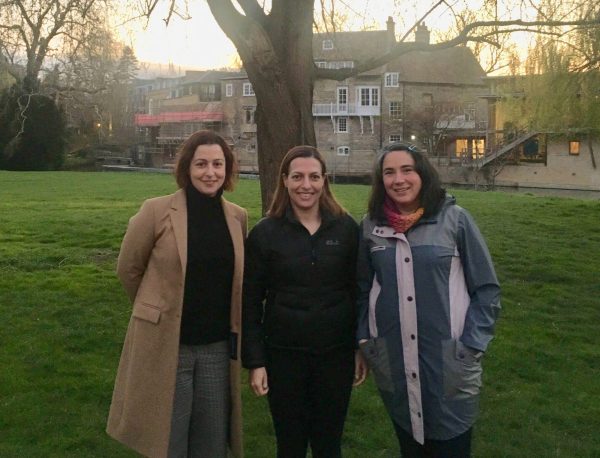
Position
Research Associate
Affiliation
Surgery and Darwin College
Keywords
Regenerative Medicine, Cellular Therapy, Stem Cells, Immune-Rejection, Immune-Modulation
I am a stem cell scientist particularly interested in understanding mechanisms of allogeneic graft rejection and how to modulate them for the success of cellular therapies for regenerative medicine.
I am Postdoctoral Research Associate in Kourosh Saeb-Parsy lab at Cambridge University (Addenbrooke’s Hospital). I completed a BSc in Biotechnology in University of Vic (Spain), a MSc in Cancer, Stem Cells and Developmental Biology in Utrecht University (the Netherlands), and a PhD on stem cell-derived therapies for age-related macular degeneration (AMD) in Karolinska Institute (Sweden).
During my PhD, I made use of human embryonic stem cells (hESC) to derive retinal pigment epithelial cells (RPE), which is one of the major cell types that first degenerates in advanced AMD, resulting in irreversible blindness and without current treatment. We developed a defined, safe and scalable differentiation protocol, with cells that proved to integrate in a preclinical animal model (rabbit eye). The research resulted in a strong platform to develop stem cell-based therapies for retinal disease and the hESC-RPE technology was licenced to the pharmaceutical company NovoNordisk with a planned clinical trial in the coming year.
The main challenge for these type of therapies remains in keeping the recipient’s immune system under to control to avoid rejection of the cellular therapy, and therefore secure the survival and function of the donor cells. Therefore, my current research in Cambridge University aims to understand the immune mechanisms behind such reactions both in vitro and in vivo in humanized mice models specifically in the context of liver and bile duct disease; and to be able to modulate them with genetic engineering and/or with functionalized biomaterials.
I hope that these studies will provide important knowledge to develop effective cellular therapies which will help millions of patients suffering from degenerative diseases in the near future.

